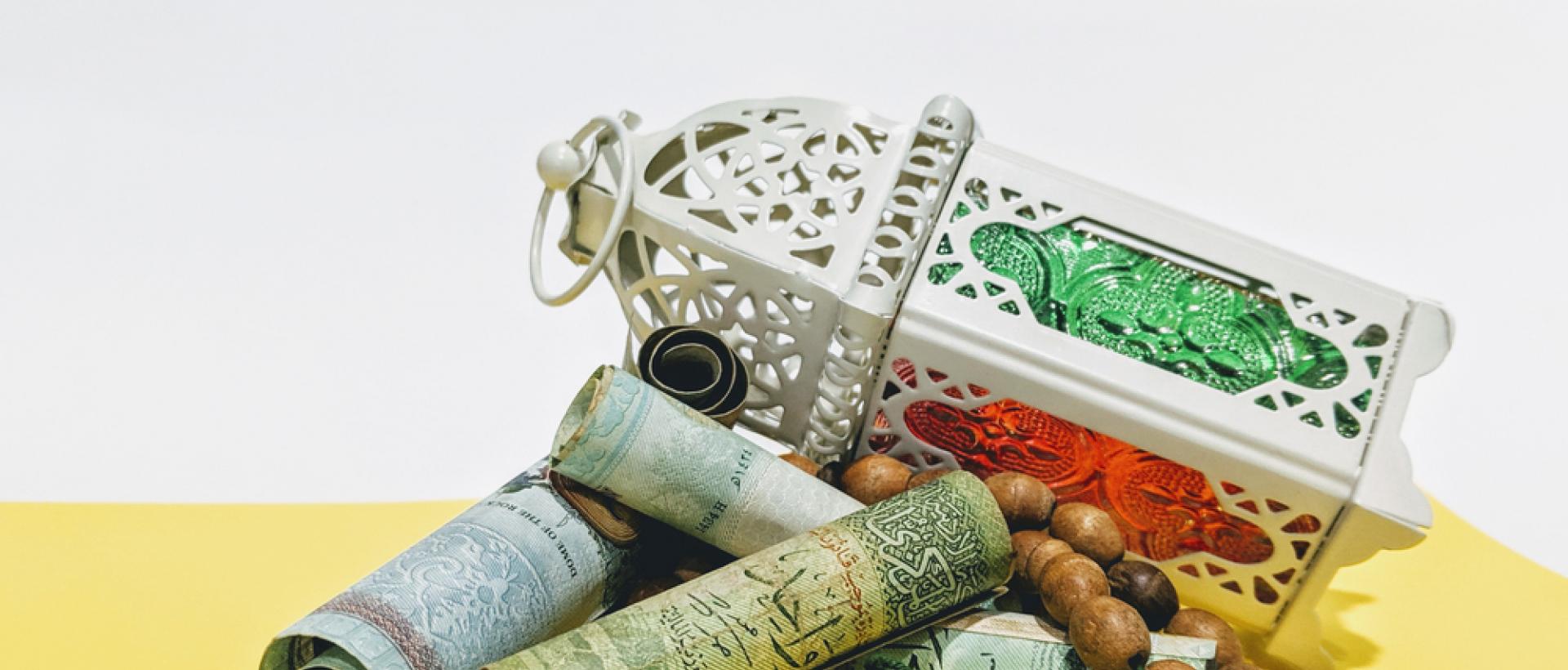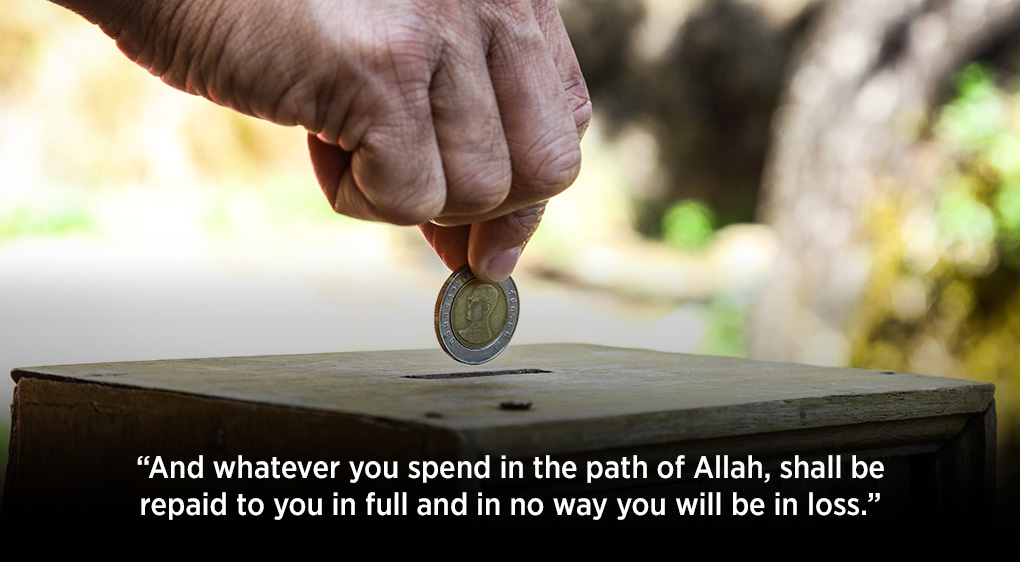
Posted: May 17 2023
MAKE A LASTING
IMPACT WITH SADAQAH
JARIYAH GIFTS
Charity is an extremely important aspect of Islam, and there are a number of obligatory and voluntary modes of charity that Muslims interact with. One of the voluntary forms of charity is Sadaqah Jariyah, which is a long-term gesture that continues to give. This might include the building of a medical facility or school, the planting of resourceful trees, such as fruit trees, and the building of a water plant or well.
Sadaqah translates to “righteousness;” however, today, it’s synonymous with voluntary charity. Similarly, Sadaqah Jariyah is commonly referred to as “alms” – this is recognised as meaning voluntary charity that gives long-term.
What is the difference between Sadaqah and Sadaqah Jariyah?
To put it simply, Sadaqah is short-term, and Sadaqah Jariyah is long-term. For instance, a one-time donation to an orphan may feed them for one day, but sponsoring an orphan will provide them with long-term support.
Examples of Sadaqah Jariyah
There is no one way to perform Sadaqah Jariyah; so long as it’s a gift that keeps on giving, it’s valid. Some common examples of Sadaqah Jariyah include the following:
- Teaching someone a valuable skill
- Creating shelter for animals or people
- Providing education to those in need
- Building a mosque
- Building a school
- Planting a tree
- Building a well
Who can give Sadaqah Jariyah, and to whom may Sadaqah Jariyah be given?
Unlike other forms of charity, such as Zakat, in which a certain wealth threshold must be met, anyone may give and receive Sadaqah Jariyah. There are no rules, meaning it’s down to the giver to determine how much they’re able to give and who’s deserving of Sadaqah Jariyah gifts.
Is there a right time to give Sadaqah Jariyah?
Since Sadaqah Jariyah is a non-obligatory gesture that’s performed with pure intent, there are no rules about when this can be given. Regardless of the time of year, Sadaqah Jariyah must be given selflessly without the expectation of anything in return.
Sadaqah Jariyah Gifts for Deceased Family Members
Muslims may choose to perform Sadaqah Jariyah on their behalf; however, they can also perform it on behalf of another Muslim after they’ve passed. Unlike many modes of charity, Sadaqah and Sadaqah Jariyah don’t have to come in the form of monetary donations. For instance, sharing beneficial knowledge, smiling, and removing something harmful can all be acts of Sadaqah. Similarly, there are a number of ways in which we can perform Sadaqah on behalf of the deceased, such as:
- Performing du’as for forgiveness on their behalf.
- Performing Hajj and/or Umrah on their behalf.
- Reading the Qur’an on their behalf.
While those listed above are popular examples of Sadaqah Jariyah on behalf of the deceased, many Muslims choose to perform Sadaqah Jariyah in this capacity. This is because Sadaqah Jariyah is sustainable and ongoing, allowing it to make an impact even though the individual has passed.
How does Sadaqah Jariyah make such a lasting impact?
Sadaqah Jariyah is among the most rewarding forms of charity in Islam because it has the power to change lives. The impact of Sadaqah Jariyah isn’t a one-time offer; it provides ongoing support and care.
For instance, Sadaqah Jariyah has the power to provide a struggling parent with a livelihood or transform an entire community. The goal of Sadaqah Jariyah is to give even the most vulnerable members of society the means to support themselves.
Ultimately, Sadaqah Jariyah promotes the idea of giving for the sake of it. Not only does this improve happiness within the receiver, but it does so in the giver, too. While the giver isn’t to expect anything from performing Sadaqah Jariyah, they will be rewarded in Jannah for doing so. Essentially, Sadaqah Jariyah is about endless benefits that even exceed the life of the giver.
How can Sadaqah Jariyah help orphans?
In the communities we work with, orphans are some of the most vulnerable members of society. The vast majority have no home, no food, and no family to protect them. As a result, they’re often helpless individuals that need nurturing; however, they, instead, find themselves being exploited and abused. Orphans are most at risk of being forced into slavery, and it’s not uncommon for them to die from disease and malnutrition.
In response to these tragedies, Orphans in Need has a number of appeals that allow donors to provide ongoing support for vulnerable orphans. Sadaqah Jariyah can provide orphans with water, food, shelter, medical care, education, and more, setting them up for a brighter future.
Give Sadaqah Jariyah Gifts to our UK-Based Charity
There are a number of ways in which you can give Sadaqah Jariyah, either on behalf of yourself or a deceased individual. Head over to our Sadaqah page to learn more or make your Sadaqah Jariyah donation.
We may be based in the UK, but your Sadaqah Jariyah donations make a global impact.







